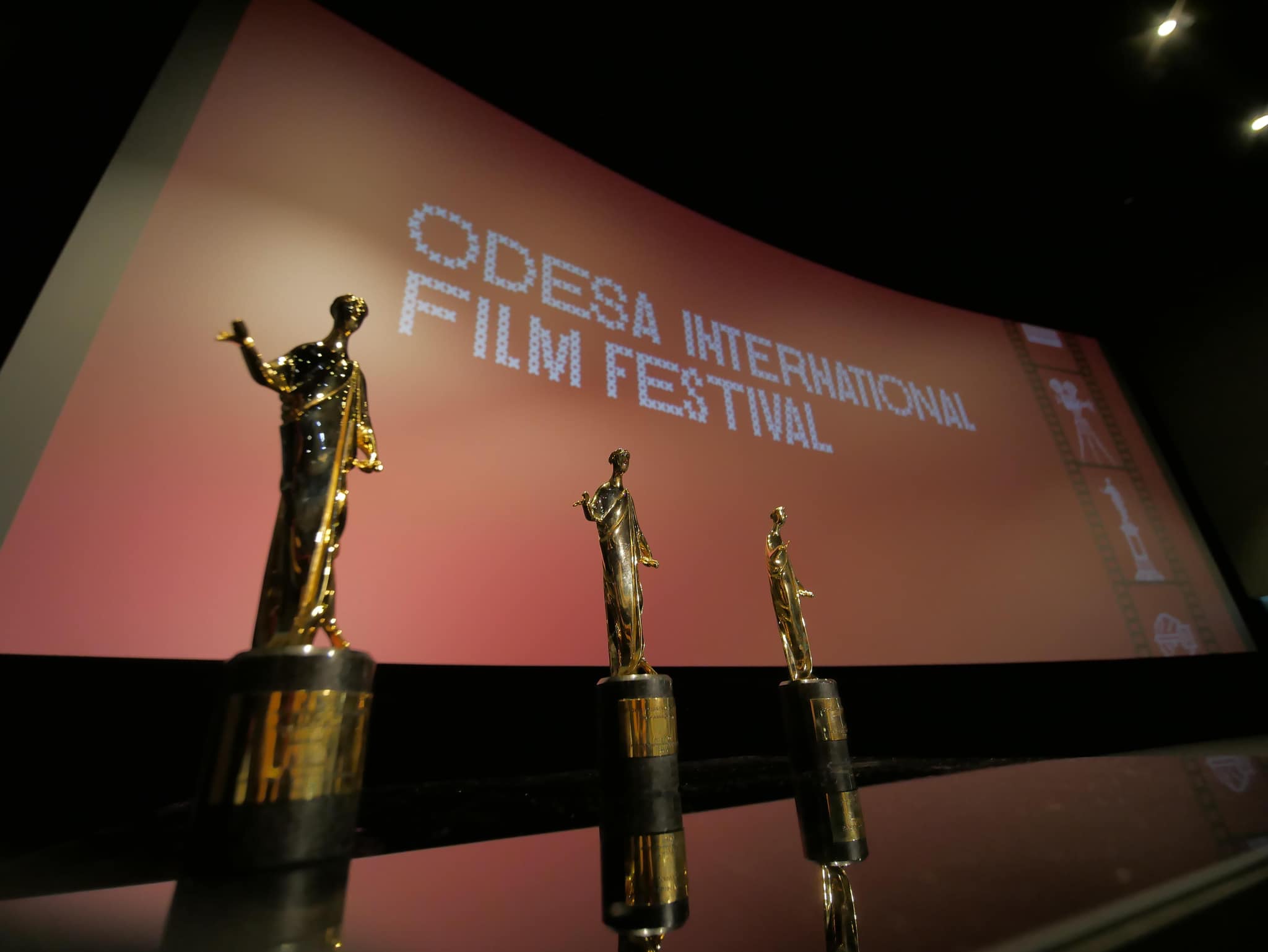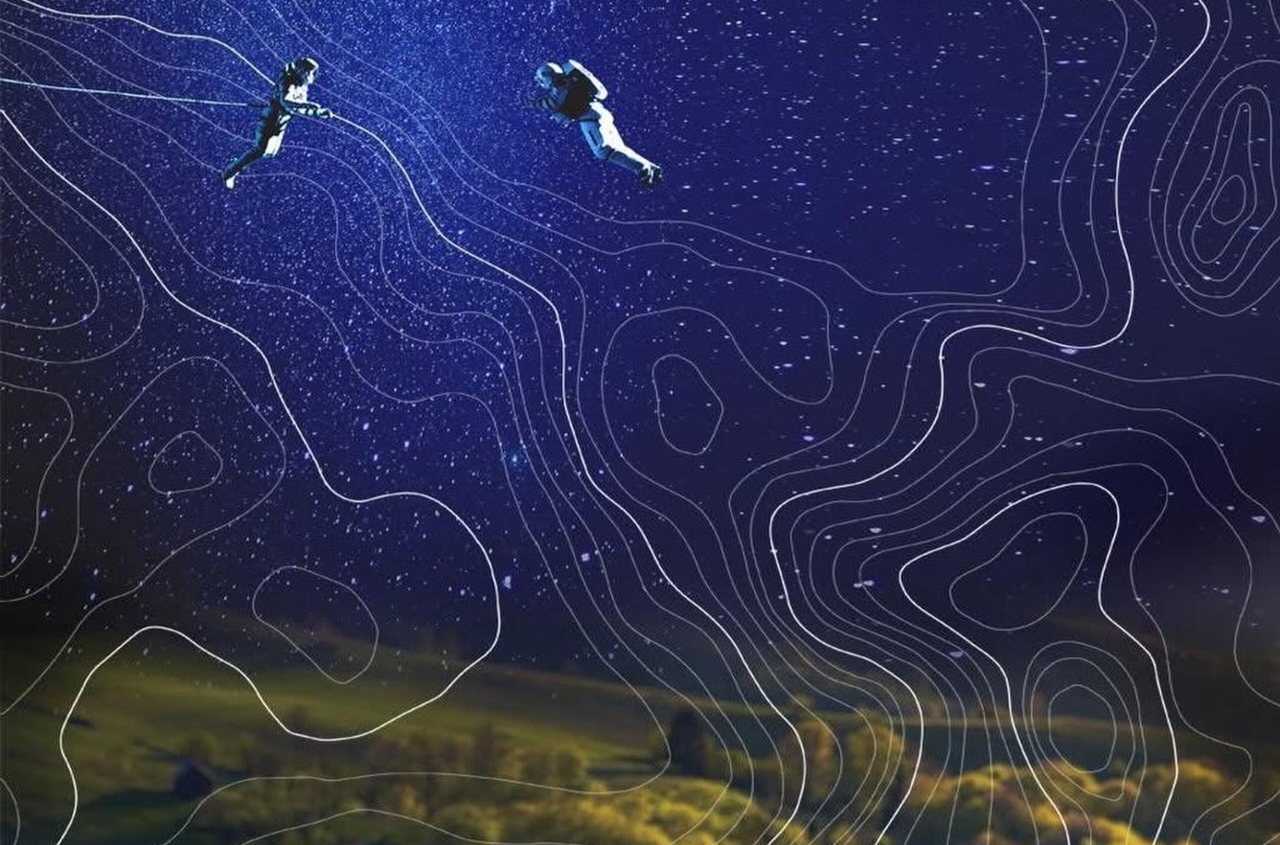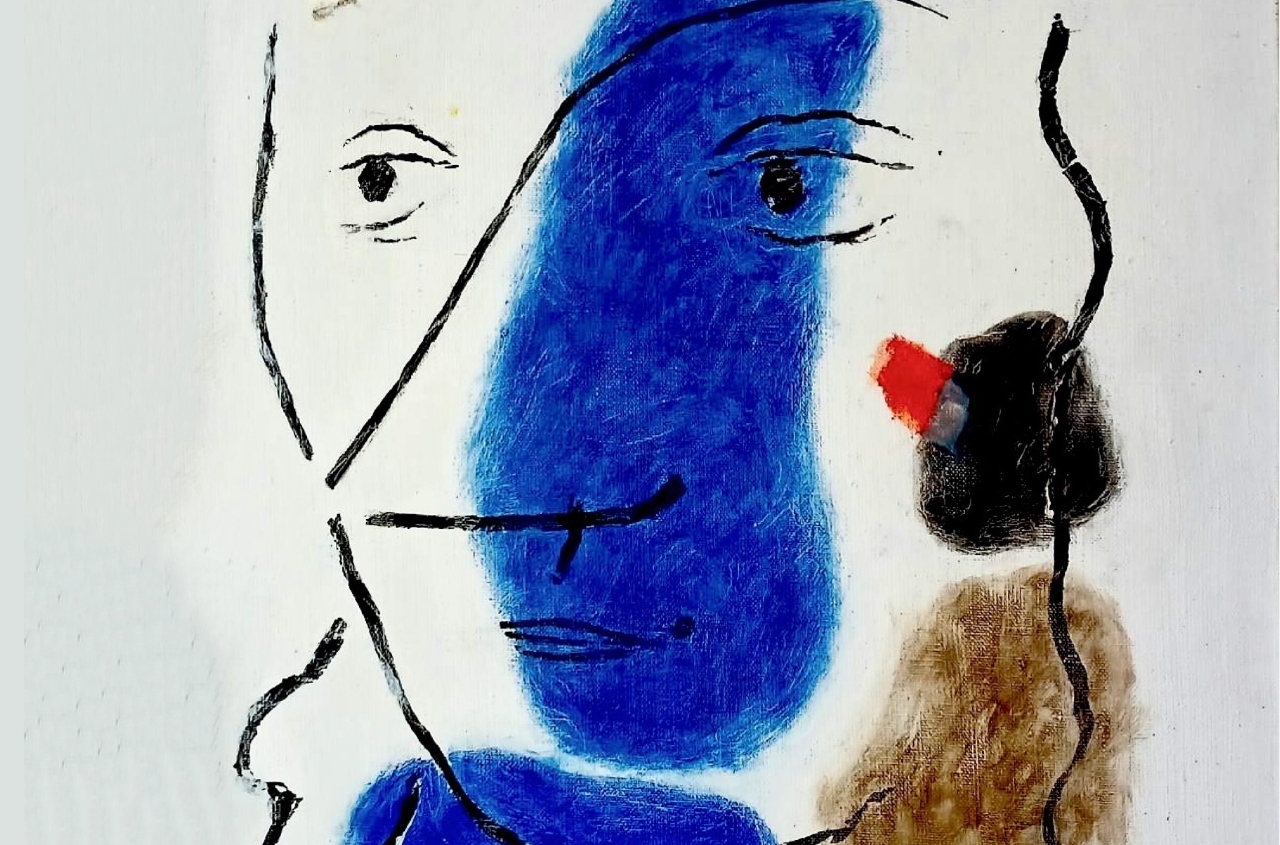On August 26, the closing ceremony of the 14th Odesa International Film Festival took place, during which the festival's winners were announced.
The closing ceremony of the 14th OIFF was hosted by actress Daria Trehubova and festival programme consultant Alik Shpyliuk.
The first award was presented in the International European Competition Programme. The jury, consisting of Dmytro Sukholitkyy-Sobchuk, Simona Baumann, and Edvinas Pukšta, awarded the film "Mammalia" directed by Sebastian Mihailescu as the Best European Film (produced by Diana Perró, Ada Solomon; co-produced by Eva Puschinskaya, Nina Frese).
"This is the first prize that the film 'Mammalia' has won, and I am incredibly proud. I want to express my gratitude to our wonderful team, the people who supported me, and my family. I also want to express my admiration for the work that the Odessa Film Festival team is doing. You are true heroes. You don't give up and bring joy to the audience despite these dark times. Unfortunately, I couldn't personally come to the festival; it would have been a great honor for me to be there with you. Thank you for your understanding, and from a distance, I send my support and love. Glory to Ukraine!" – said Sebastian Mihailescu in his video message.
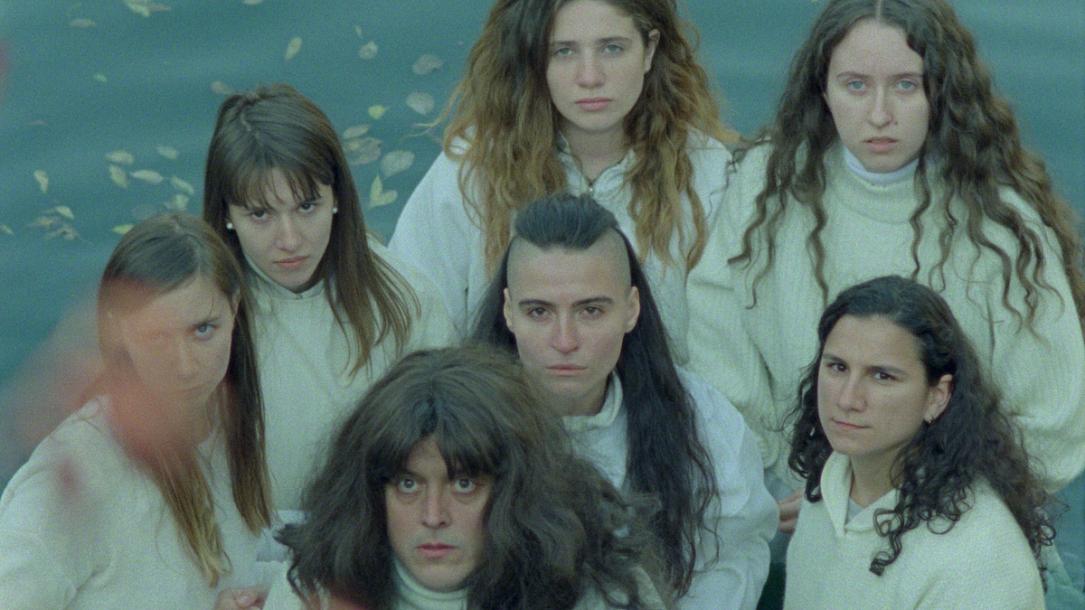
The film "Afire" by Christian Petzold received a special award from the International Competition, as well as the film "The Rule of Two Walls" by David Hutnik.
"I was asked why I'm involved in art now. I'd like to echo the words of the director of the film 'Klondike.' We talked about this, and she told me that in 2015, when part of the Donbas territory was occupied, everything came to a halt. There was a pause even in the arts. But cinema, as a component of it, should be a cultural weapon and continue to be made. And I want to add: Russia is a terrorist country!" – said David Hutnik, the director of the film The Rule of Two Walls.
The jury of the National Competition, consisting of Marina Er Gorbach, Eric Wainrib, Teona Strugar Mitevska, and Václav Marhoul, selected the Best Ukrainian Full-Length Documentary Film, which was "From Where to Where" by Mátyás Hamr Helia (produced by Piotr Gravender, Mátyás Hamr Helia, Jean-Marie Gigon, Anna Palenchuk). The authors were also awarded a special prize of 50,000 UAH from the Museum "Voices of Peace" of the Rinat Akhmetov Foundation.
"I had really hoped that when we would be showing this film in Ukraine, the war would already be over. Unfortunately, reality is different. I really want this film to remind the world that without continuous support to Ukraine, this war won't end soon, and people like the heroes in our film won't be able to come back home," said Matyás Hamr Helia. "This film was shot inside an evacuation vehicle, where I was both a driver and a director. I decided to help as a volunteer, as a driver, like tens of thousands of Poles have been doing since the beginning of the great war. Because we understand well that this war is not just about defending Ukraine; it's about all of Europe."
The winner of the Duke statuette award in the category of "Best Ukrainian Full-Length Feature Film" was the film Valeria Is Getting Married directed by Michal Vinik (produced by Aeliot Cait, Amir Har-Gil, Volodymyr Yatsenko, Anna Yatsenko). This film also received 50,000 UAH from the official partner of the film festival, Ukrainian Producers Hub.

"This film was created without state support at the beginning of the lockdown and was completed during the full-scale war. Through our example, we want to inspire all of you to continue creating Ukrainian cinema regardless of any challenges," said Anna Yatsenko, co-producer of the film.
Alice Kovalenko's film We Will Fade Away received 500 pounds sterling from the Association Talented U (Ukraine & United Kingdom) as the best documentary film in the field of human rights protection. Additionally, Alice Kovalenko received a special recognition as the best director and a prize from the festival's partner, Samsung.
In the National Competition, Karina Khimchuk received a special recognition as the best actress for her role in the film Do You Love Me?. And a special recognition for the best male role was awarded to Dmytro Nezhelskyi for his role in Sashenka.
The closing film of the 14th Odesa International Film Festival was Club Zero directed by Austrian filmmaker Jessica Hausner. The international premiere of the film took place in the main competition of the 76th Cannes Film Festival. The screening of the film occurred immediately after the closing ceremony.
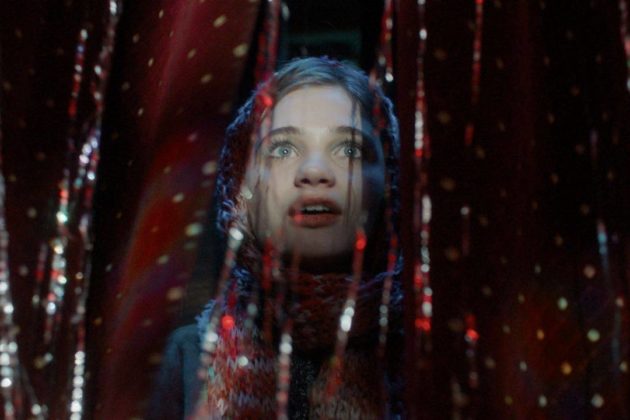
"The results of the festival's competition, the decisions of our jury, once again demonstrate how important it is for us to integrate with the global film community – to make films together, work on Ukrainian stories, and create quality cinema! I congratulate all the winners and participants of the competition programs and special screenings! We are very grateful to Chernivtsi for the warm reception – for the support, trust, and assistance at every stage of creating the film festival. A tremendous thank you to our Armed Forces, thanks to whom we have the opportunity to hold film festivals, shoot and showcase cinema in our country, breathe freely, and believe in victory!" said Anna Machukh, the general director of the Odessa International Film Festival.
In total, during the festival, 46 films were screened, including 32 Ukrainian films. One of them, In Ukraine, was shown with the friendly support of the International Human Rights Documentary Film Festival Docudays UA









